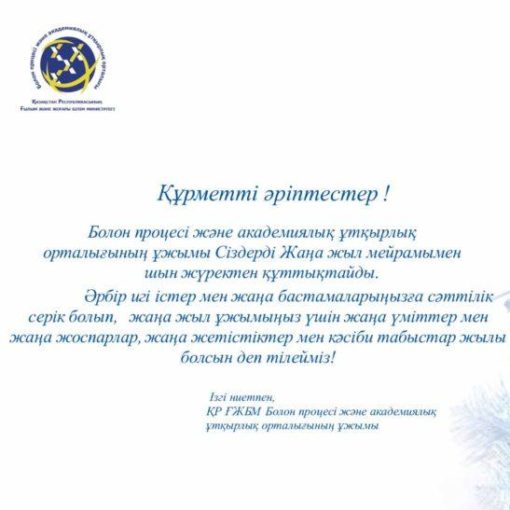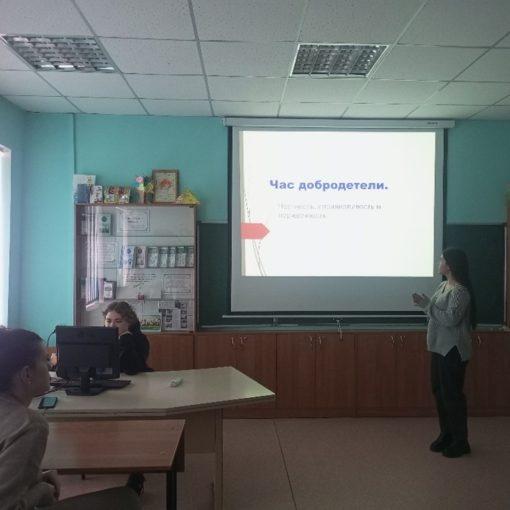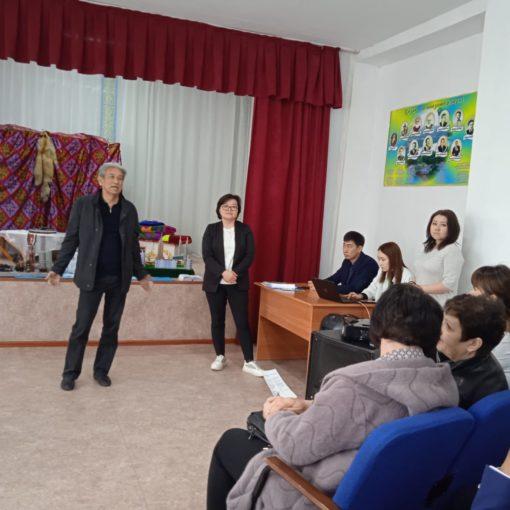May 21, 2021 will be the 100th anniversary of the birth of Andrei Dmitrievich Sakharov.

Andrei D. Sakharov was a Soviet theoretical physicist, a member of the Soviet Academy of Sciences, one of the founders of the first Soviet hydrogen bomb. Public figure, dissident and human rights activist; people’s deputy of the USSR, author of the draft constitution of the Union of Soviet Republics of Europe and Asia. Winner of the 1975 Nobel Peace Prize.
After his statements condemning the Soviet troops’ invasion of Afghanistan, he was deprived of all Soviet awards and prizes and in January 1980, he and his wife, Elena Bonner, were expelled from Moscow. In late 1986, Mikhail Gorbachev, General Secretary of the CPSU Central Committee, allowed them to return from exile to Moscow, which was regarded by the world as an important milestone in stopping the struggle against dissent in the USSR.
Since the late 1950s he actively advocated an end to nuclear weapons testing. He contributed to the Moscow Triple Test Ban Treaty.
Since the end of the 1960s he was one of the leaders of the human rights movement in the USSR. He was under KGB surveillance from the 1960s, was searched and subjected to numerous insults in the press.
In 1966 he signed the letter of twenty five workers of culture and science to the Secretary General of the CPSU Central Committee L.I. Brezhnev against the rehabilitation of Stalin.
In 1968, he wrote a pamphlet, “Reflections on Progress, Peaceful Coexistence, and Intellectual Freedom,” which was published in many countries and broadcast by Radio Liberty in the summer of 1968. After the text of the pamphlet was published in The New York Times during the summer, he was suspended from his work at the secret Arzamas-16 facility. On August 26, 1968, five days after the Soviet troops entered Czechoslovakia, Sakharov met with Alexander Solzhenitsyn: they secretly met in the apartment of Academician Evgeny Feinberg and discussed “Reflections on Progress, Peaceful Coexistence and Intellectual Freedom”, which had already been widely distributed in samizdat, and the demonstration on Red Square the day before.
At the same time he began to publish in the New York Times (Sakharov’s materials were also reprinted in other publications), calling for the establishment of partnership relations with the United States, denouncing “Stalin’s terror,” the Soviet invasion of Czechoslovakia, political repression of dissenters, the scientific intelligentsia loyal to the Soviet regime, etc.
In 1970 he became one of the three founding members of the Moscow Committee of Human Rights (together with Andrey Tverdokhlebov and Valery Chalidze).
In 1971, he submitted a “Memorandum” to the Soviet government.
In the 1960s and early 1970s, he traveled to the trials of dissidents. During one of such trips in Kaluga in 1970 (B.Vail – R.Pimenov trials), Sakharov met Elena Bonner and married her in 1972. Sakharov himself later wrote in his diary: “Liusya advised me (an academician) many things that I would not otherwise understand or do. She is a great organizer, she is my think tank.”
In the 1970s and 1980s, the Soviet press carried out campaigns against Sakharov (1973, 1975, 1980, 1983).
On August 29, 1973, the newspaper “Pravda” published a letter from members of the USSR Academy of Sciences condemning the activities of A.D. Sakharov (“Letter of 40 Academicians”). On August 31, 1973, Pravda published a “Letter of Writers” condemning Sakharov and Solzhenitsyn.
In September 1973, in response to the beginning of the persecution of mathematician I.R. Shafarevich, corresponding member of the USSR Academy of Sciences, wrote an “open letter” in defense of Sakharov.
In 1974 Sakharov gathered a press conference to announce the Day of Political Prisoners in the USSR.
In 1975 he wrote the book About the Country and the World. In the same year Sakharov was awarded the Nobel Peace Prize. In the Soviet newspapers there were published collective letters of scientific and cultural figures condemning Sakharov’s political activity.
In September 1977 he addressed a letter to the organizing committee on the problem of the death penalty in which he advocated its abolition in the USSR and in the whole world.
In December 1979 and January 1980 he made several statements against introduction of Soviet troops into Afghanistan, which were printed on the front pages of western newspapers.
“Spiritual renegade, provocateur Sakharov with all his subversive actions long ago put himself in the position of a traitor to his people and state.”




